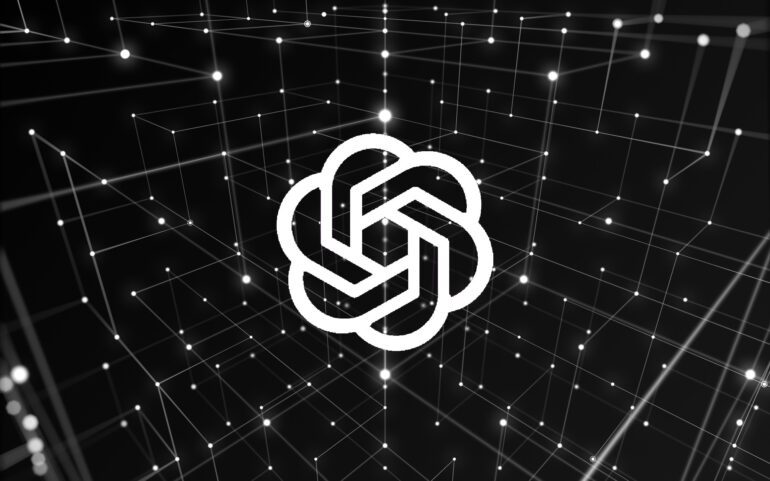TL;DR:
- OpenAI leaders advocate for the creation of an international regulatory body for AI.
- The pace of AI innovation surpasses the capabilities of existing authorities to effectively manage and regulate the technology.
- The proposed regulatory body would oversee superintelligence efforts and establish international standards.
- OpenAI suggests tracks compute power and energy usage dedicated to AI research as objective measures for reporting and monitoring.
- External pressure and regulations are necessary to ensure responsible AI practices.
- OpenAI’s proposal sparks industry-wide discussions on AI governance and the need for public oversight.
- Designing a suitable regulatory mechanism is still uncertain, but action is needed.
- OpenAI acknowledges the potential of AI to enhance society and business performance.
- Balancing the benefits of AI with the risks posed by unregulated actors remains a challenge.
- Collaboration between industry leaders and regulatory bodies is crucial for responsible AI deployment.
Main AI News:
OpenAI, a prominent leader in the field of artificial intelligence (AI), has put forth a compelling argument for the urgent establishment of an international regulatory body comparable to the governing authority overseeing nuclear power. In a recent blog post by OpenAI founder Sam Altman, President Greg Brockman, and Chief Scientist Ilya Sutskever, it is acknowledged that the rapid pace of AI innovation surpasses the capabilities of existing authorities to effectively manage and regulate this transformative technology.
While the authors’ self-acknowledgment may appear self-congratulatory, it is crucial for impartial observers to recognize that AI, particularly exemplified by OpenAI’s widely popular ChatGPT conversational agent, presents both unprecedented risks and invaluable opportunities. The blog post, although light on specific details and commitments, emphasizes the need for coordinated efforts among leading developers to ensure the safe development of superintelligent systems while facilitating their seamless integration into society.
The authors propose the need for an international authority, similar to the International Atomic Energy Agency (IAEA) governing nuclear power, to oversee superintelligence efforts. This proposed AI-governing body would possess the ability to inspect systems, mandate audits, enforce compliance with safety standards, impose restrictions on deployment and security levels, and establish international standards and agreements.
OpenAI further suggests that tracking compute power and energy consumption dedicated to AI research could serve as objective measures that should be reported and monitored. While determining specific applications of AI may be challenging, the company believes that monitoring and auditing resources allocated to AI research, akin to other industries, could be a step toward responsible governance. Notably, OpenAI recognizes the importance of avoiding stifling innovation among smaller companies and suggests considering exemptions for such entities.
These sentiments echo those of renowned AI researcher and critic Timnit Gebru, who recently stressed the necessity of external pressure and regulations, going beyond profit motives to ensure ethical AI practices. While OpenAI has faced criticism regarding its commercialization of AI, its support for concrete governance measures demonstrates a commitment to responsible AI development.
The proposal by OpenAI serves as a catalyst for industry-wide discussions on AI governance, acknowledging the pressing need for public oversight. However, the specifics of designing such a mechanism remain uncertain. Despite expressing a willingness to exercise caution, OpenAI’s leaders emphasize the immense potential for AI to enhance society and business performance, making it challenging to tap the brakes immediately. Nonetheless, they acknowledge the risks posed by entities that may exploit AI without adequate safeguards.
Conlcusion:
The call by OpenAI leaders for the establishment of an international regulatory body for AI signifies a significant development in the market. The recognition of the rapid pace of AI innovation and the need for proactive governance highlights the growing importance of responsible AI practices. The proposed regulatory measures would not only address potential risks but also create a framework for standardized guidelines and international collaboration.
For the market, this means that businesses operating in the AI space will need to adapt to evolving regulations and demonstrate a commitment to ethical AI practices. Companies that proactively engageф in responsible AI development are likely to gain a competitive advantage as consumers and stakeholders increasingly prioritize transparency and accountability. Overall, the push for regulation in the AI market aims to foster trust, encourage innovation, and ensure the long-term sustainable growth of the industry.

